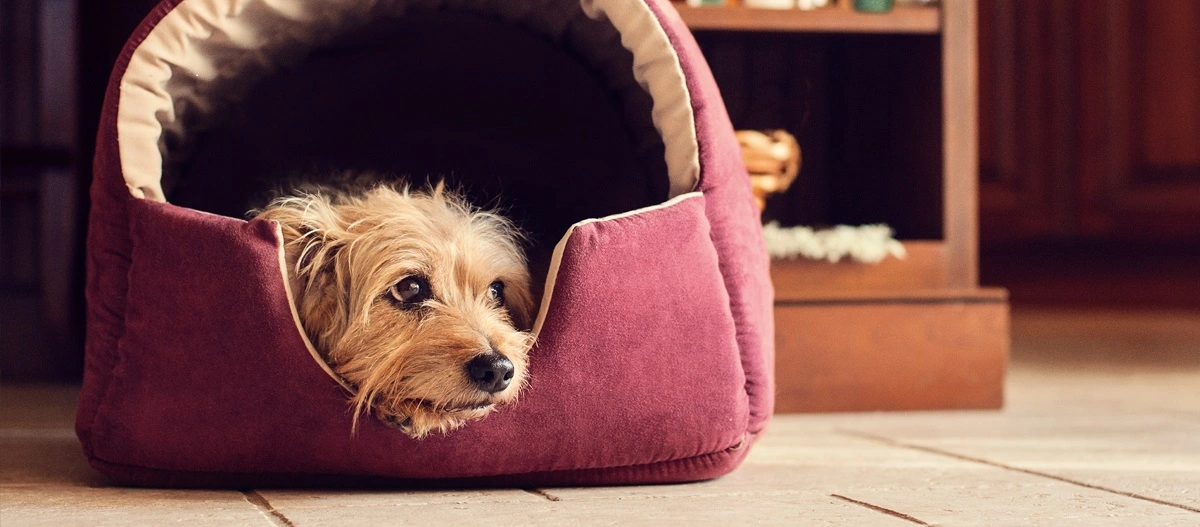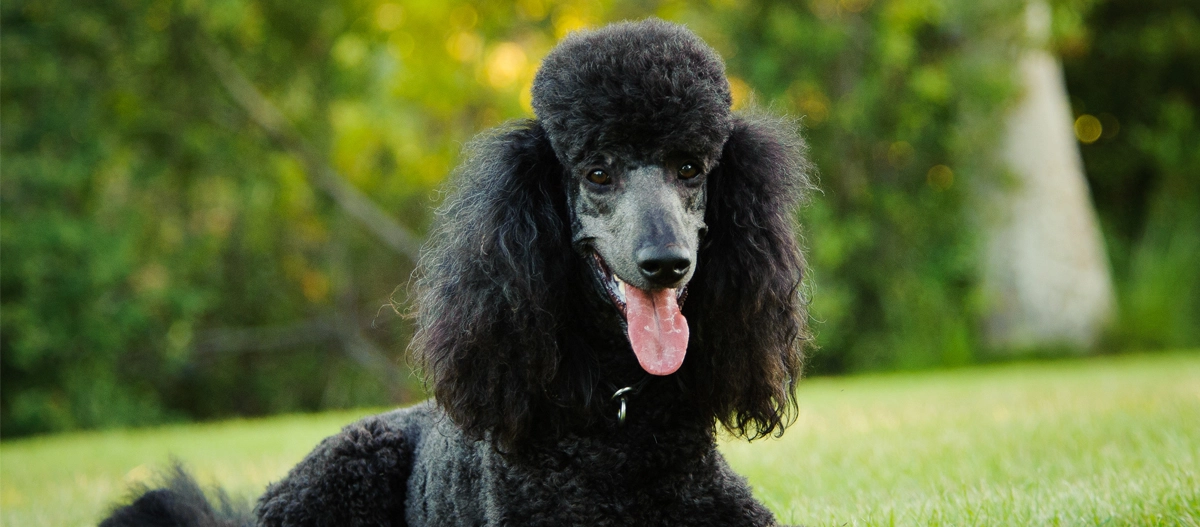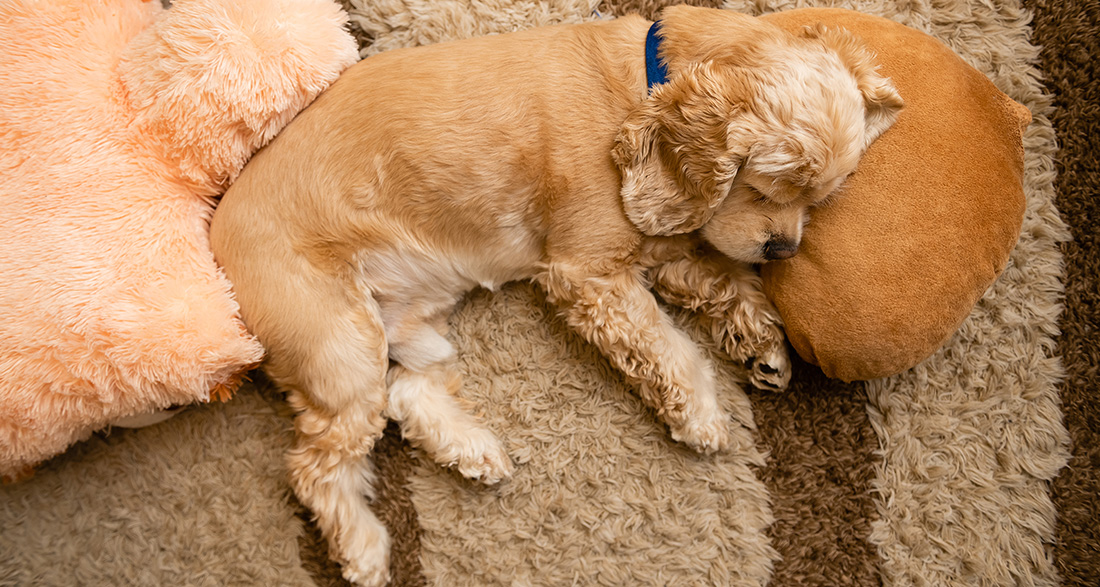Dog Owners Know the Problem: The four-legged friend peacefully dozes in its basket, and suddenly an unpleasant smell spreads. Gases form in the dog’s digestive tract, making themselves noticeable through intestinal noises and foul-smelling flatulence. Generally, poorly digestible food is responsible for digestive problems. Only in rare cases are poisonings or diseases the cause of flatulence in dogs.
Why Do Dogs Have Flatulence?
If the dog consumes poorly digestible foods such as legumes, unripe fruit, or food with a higher sugar content, it affects digestion. Many dogs cannot process lactose; lactose can potentially cause diarrhea and flatulence.
A sudden change in diet or an excessive grain content in the food also leads to excessive gas formation. The proteins in the food can also pose problems: while muscle meat contains easily digestible proteins, slaughter by-products often contain poorly digestible proteins that can have health consequences for your animal.
Some animals struggle with a very high fat content in their food, which can also cause flatulence.
Tip
If your dog is quite sensitive to food, it’s best to use food with only one protein source and one type of meat.
It’s not always about the diet: Some breeds swallow a lot of air while eating and respond with flatulence. Particularly, breeds with short noses like French Bulldogs tend to swallow air (aerophagia). You can remedy this by slightly elevating the location of the bowls.
Intestinal parasites such as worms or giardia and bacteria can also promote excessive intestinal movements, just like chronic intestinal diseases. Animals with Inflammatory Bowel Disease (IBD), irritable bowel syndrome, and malabsorption syndrome show signs of increased flatulence.
What Symptoms Occur with Dog Digestive Problems?

Typical signs of flatulence are expelled gases and audible intestinal noises, sounding like gurgling or bubbling. Under certain circumstances, the digestive tract of the animal may bloat significantly, leading to pressure discomfort and pain.
It becomes dangerous for your pet if the gases cannot escape. If this leads to intestinal or stomach torsion, it is extremely dangerous for the animal, so you should consult a veterinarian immediately. A typical sign of severe pain in dogs is the prayer position, where the dog stands normally on its hind legs and stretches its front legs far forward. Pay attention to significant restlessness in the animal as well. Frequent lying down and getting up also indicates discomfort.
What to Do Against Dog Flatulence?
Occasional farting is no cause for concern – however, if you observe the problems persistently, you should investigate the cause of the flatulence.
Constant digestive problems in your pet should be taken seriously. Often, minor changes in everyday life can already provide relief:
- Allow the animal to eat in peace. If you have multiple dogs, each should have the opportunity to empty the bowl without stress. Separate the dogs if necessary.
- Do not give your dog table scraps but feed it only with high-quality dog food.
- Feed two portions of food daily. Many animals can digest smaller amounts better.
- Ensure that the animal gets enough exercise. Playing immediately after eating is taboo, but in general, movement stimulates intestinal activity and digestion.
- If these measures do not improve the situation, a targeted change in diet is recommended. Ideally, feed a bland diet like boiled chicken with rice and carrots for a few days. Then switch to an easily digestible, grain-free diet.
For very food-sensitive animals, consult with the veterinarian to investigate food intolerance.
Which Home Remedies Help Against Dog Flatulence?

If the dog suffers from occasional flatulence, a gentle abdominal massage can help release the gases.
With a species-appropriate and balanced diet, you ensure good intestinal health and avoid flatulence.
Pay attention to the composition of the food and avoid excessive grain content for sensitive animals. Anti-gobbling bowls are also helpful in preventing air swallowing.
Dog Flatulence – Suitable Measures Overview
- Occasional flatulence occurs in many dogs.
- You can address regular digestive problems with a bland diet and a change in food.
- Exercise prevents flatulence.
- A balanced diet promotes intestinal health.


